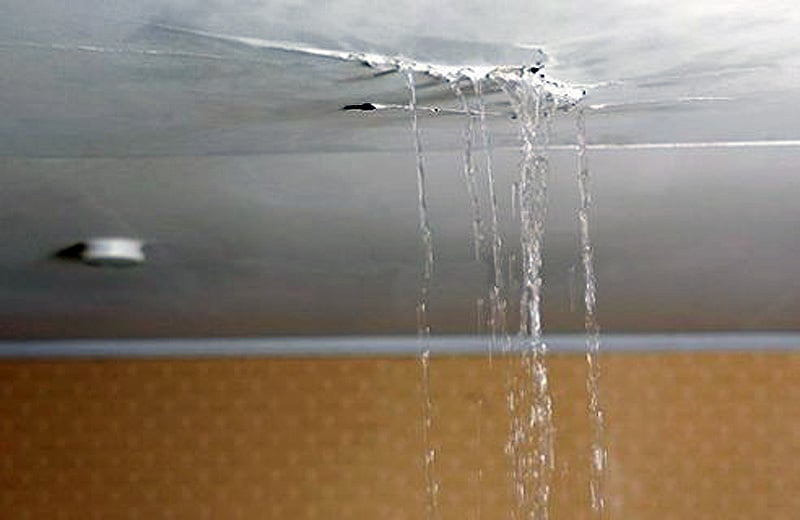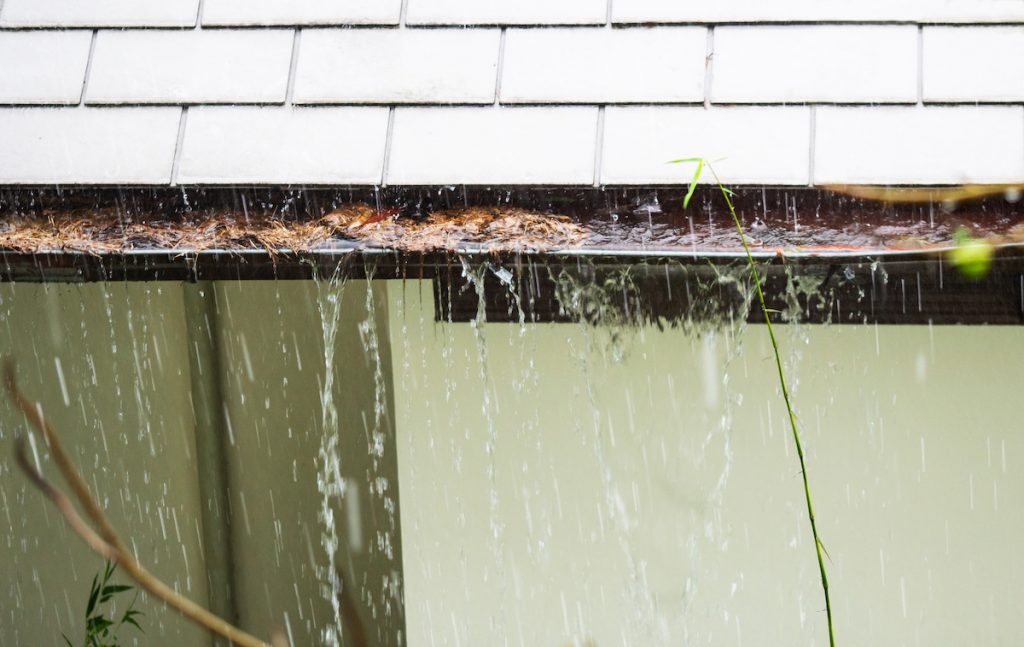The Six Most Common Water Leaks in Your Home: How They Happen and What to Do
The Six Most Common Water Leaks in Your Home: How They Happen and What to Do
Blog Article
This post listed below in relation to How Fast Water Damage Can Ruin Your Home is especially enlightening. Read it for your own benefit and figure out what you think of it.

Leakages not just cause waste of water however can also cause unneeded damage to your residence as well as promote undesirable organic growth. By recognizing as well as looking for daily situations that create leakages, you can safeguard your residence from future leaks and unneeded damage.
Immediate temperature modifications.
Severe temperature changes in our pipelines can cause them to broaden and get all of a sudden. This growth and also contraction might trigger splits in the pipes, specifically if the temperature level are below freezing. If you kept an eye on exactly how your plumbing functions, it would be best. The visibility of the formerly pointed out circumstances often shows a high danger.
Rusty water supply
As time passes by, your plumbing system ages as well as deterioration such as rust may begin eating away the pipes. This may be the source of discoloration or warping on your pipes. This asks for an assessment with your plumber immediately. If our plumbing system is old, think about changing the pipelines since they are at a greater threat of corrosion than the newer designs.
Malfunctioning Pipe Joints
Pipe joints can weaken over time, resulting in water leaks. If you have noisy pipes that make ticking or banging noises, especially when the warm water is transformed on, your pipe joints are most likely under a lot of stress.
Elbowing in origins
The majority of water leakages start outside the house rather than inside it. If you see an unexpected decline in water pressure, claim in your faucet, take some time to go out as well as examine your yard. You could see damp patches or sinkholes in your backyard, which could indicate that tree roots are attacking water lines creating water to leak out. You can have your plumber check for breach, particularly if you have trees or shrubs near your home.
Poor Water Connectors
At times, a leakage can be caused by loosened tubes and pipes that provide your appliances. In situation of a water connections leak, you may discover water running straight from the supply line or pools around your appliances.
Blocked Drains
Obstructed drains may be irritating and also inconveniencing, but they can often wind up causing an overflow causing break pipes. Keep getting rid of any products that might go down your drains that might obstruct them to avoid such troubles.
All the above are causes of leakages however not all water leakages arise from plumbing leaks; some leaks may originate from roofing leaks. All leaks must be fixed immediately to avoid water damage.
Leakages not only create waste of water but can likewise trigger unneeded damages to your residence as well as advertise undesirable natural development. By understanding and looking for daily situations that cause leaks, you can safeguard your house from future leaks as well as unnecessary damage. Today, we will certainly look at 6 leakage creates that might be creating your pipelines to trickle.
At times, a leakage can be caused by loose hoses and pipelines that provide your devices. In instance of a water links leak, you may notice water running straight from the supply line or pools around your devices.
How To Check For Water Leak In Your Home
How To Check for Leaks
The average household's leaks can account for nearly 10,000 gallons of water wasted every year and ten percent of homes have leaks that waste 90 gallons or more per day. Common types of leaks found in the home are worn toilet flappers, dripping faucets, and other leaking valves. These types of leaks are often easy to fix, requiring only a few tools and hardware that can pay for themselves in water savings. Fixing easily corrected household water leaks can save homeowners about 10 percent on their water bills.
To check for leaks in your home, you first need to determine whether you're wasting water and then identify the source of the leak. Here are some tips for finding leaks:
Take a look at your water usage during a colder month, such as January or February. If a family of four exceeds 12,000 gallons per month, there are serious leaks.
Check your water meter before and after a two-hour period when no water is being used. If the meter changes at all, you probably have a leak.
Identify toilet leaks by placing a drop of food coloring in the toilet tank. If any color shows up in the bowl after 10 minutes, you have a leak. (Be sure to flush immediately after the experiment to avoid staining the tank.)
Examine faucet gaskets and pipe fittings for any water on the outside of the pipe to check for surface leaks.
Undetected water leaks can happen without the home or business owner even realizing. If you suspect a water leak, but not able to find the source. It is time to contact a professional water leak detection service, The Leak Doctor.
How To Find a Water Leak In Your Home
https://www.leakdoctor.com/blog/How-To-Check-For-Water-Leak-In-Your-Home_AE197.html

We were introduced to that editorial on How to Find Water Leaks from a good friend on our other domain. You should take the opportunity to share this post if you enjoyed it. I treasure reading our article about Common Water Leaks In House.
Pricing Report this page